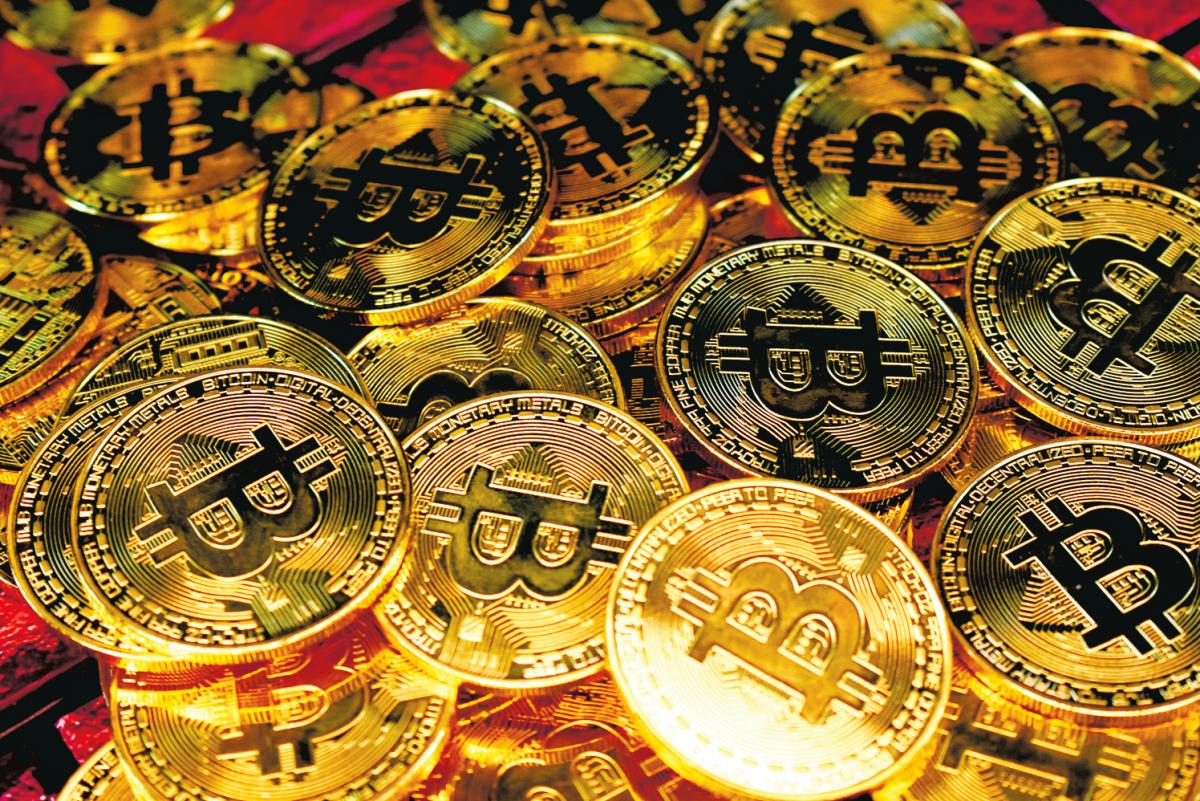LONDON: US President Donald Trump’s media group and Tesla, the electric carmaker owned by tech billionaire Elon Musk, are among an increasing number of companies buying huge amounts of bitcoin.
The aim? To diversify reserves, counter inflation and attract investors, analysts say.
Who also invests
Companies frequently own bitcoin – the largest cryptocurrency by market capitalisation – to take part in sector activities such as “mining”, which refers to the process of validating transactions in exchange for digital tokens.
Tesla has previously accepted payments in bitcoin, while Trump Media soon plans to offer crypto investment products.
Other players who had core operations totally unrelated to cryptocurrency, such as Japanese hotel business MetaPlanet, have switched to buying bitcoin.
US firm Strategy, initially a seller of software under the name MicroStrategy, holds more than 3% of all bitcoin tokens, or over 600,000.
Its co-founder Michael Saylor “created real value for its original set of investors” by offering the opportunity to invest in shares linked to cryptocurrencies, Andy Constan, CEO of financial analysts Damped Spring Advisors, told AFP.
This was five years ago when other financial products allowing investment in cryptos, without a need to directly own tokens, were not permitted.
Why invest?
Companies collect bitcoins “to diversify” their cash flow and “counter the effects of inflation”, said Eric Benoist, a tech and data research expert for Natixis bank.
Some struggling companies are riding the trend in a bid to “restore their image” by “backing themselves with an asset perceived as solid and one that appreciates over time”, he added.
Strategy’s current focus is on accumulating bitcoin, simply to attract investors interested in the currency’s potential.
Bitcoin can also have a simple practical use, as in the case of the Coinbase exchange, which uses its own reserves as collateral for its users.
The risks?
Bitcoin’s value has soared around ninefold in five years, fuelled recently by US regulatory changes under Trump, a strong backer of the crypto sector.
However, the unit’s volatility is four times greater than that of the main US stock index, the S&P 500, according to Campbell Harvey, a professor of finance at Duke University in the US.
Harvey warns against using a company’s cash reserves, “their safe haven”, to buy crypto.
Bitcoin’s price, currently around US$117,000 (RM494,701), has in recent years been boosted by large holders of crypto, referred to as “whales”.
Harvey argues that in the case of “major buyer” Strategy, liquidating all their 600,000 bitcoin tokens is no simple task owing to the high value.
“Assuming that you could liquidate all of those bitcoin at the market price is a heroic assumption,” he told AFP, adding such a deal would see the cryptocurrency’s price plummet.
Jack Mallers, CEO and co-founder of bitcoin-focused company Twenty One Capital, said his business embraced the sector’s volatility, adding the market would need to be flooded for the token’s price to crash.
A bubble?
According to its own calculation, Strategy’s stock is selling at about 70% above the value of its bitcoin reserves.
The company – which did not answer AFP’s request for comment – is growing thanks to bitcoin purchases, which in turn is attracting investors and pushing up its share price.
But ultimately it will need to monetise these crypto assets, for example by linking them to financial products, for its business to be sustained.
Should Strategy and other so-called “bitcoin treasury funds” fail to do so, Benoist fears the crypto investment bubble will burst.
He points out that the strategy of accumulation runs counter to the original philosophy of bitcoin, which was conceived in 2008 as a decentralised means of payment.
Today, “bitcoins end up in electronic safes that are left untouched”, he said.









